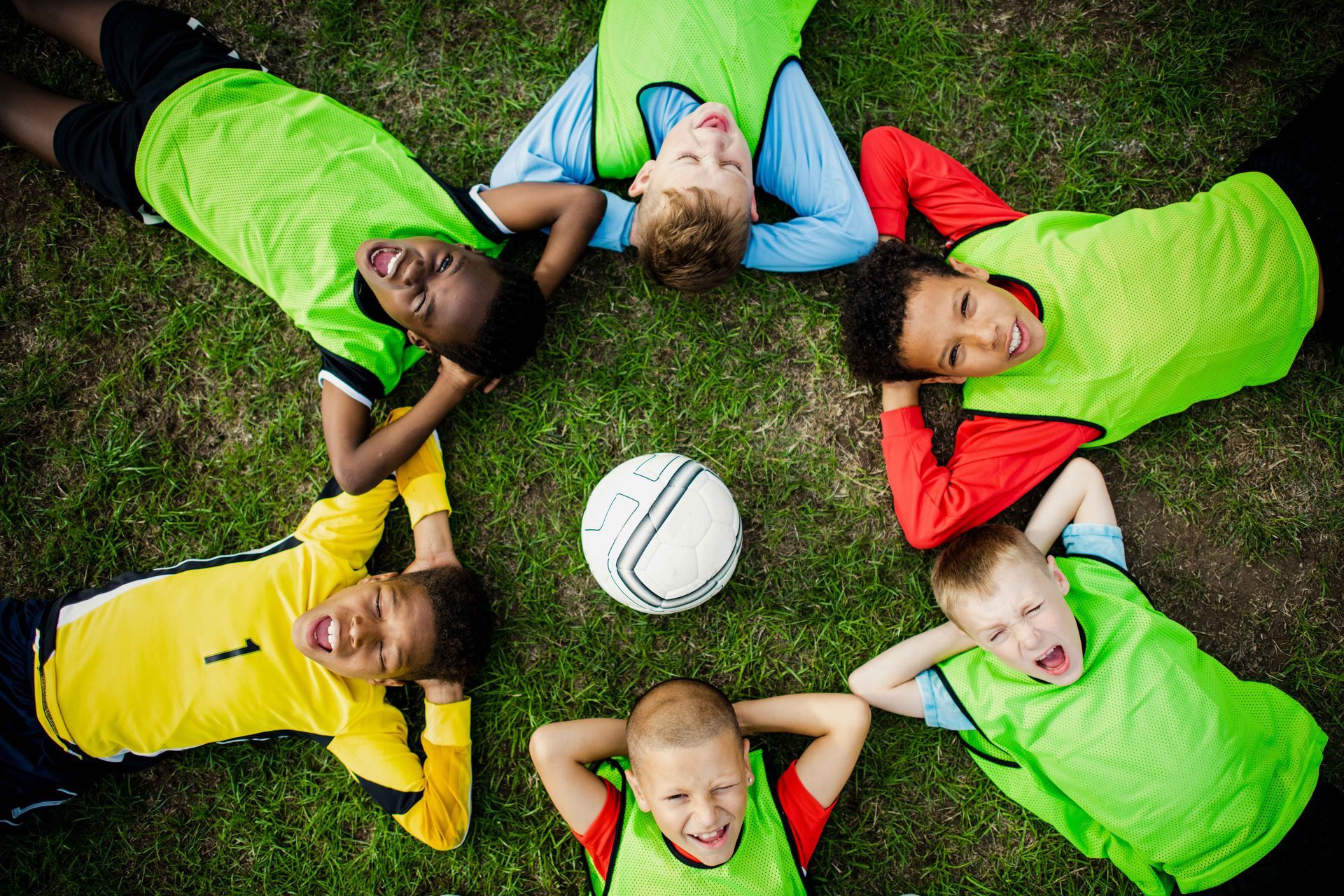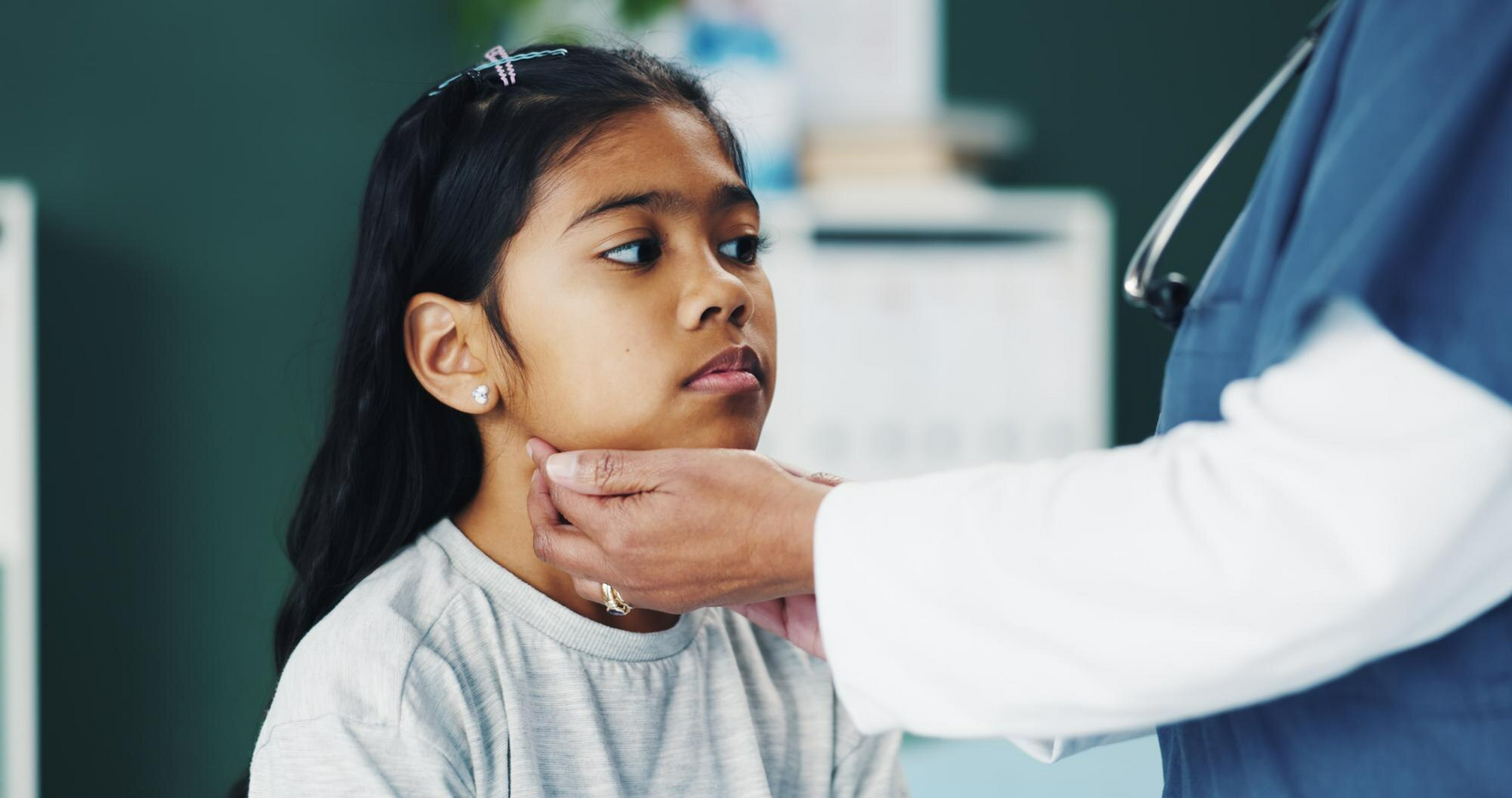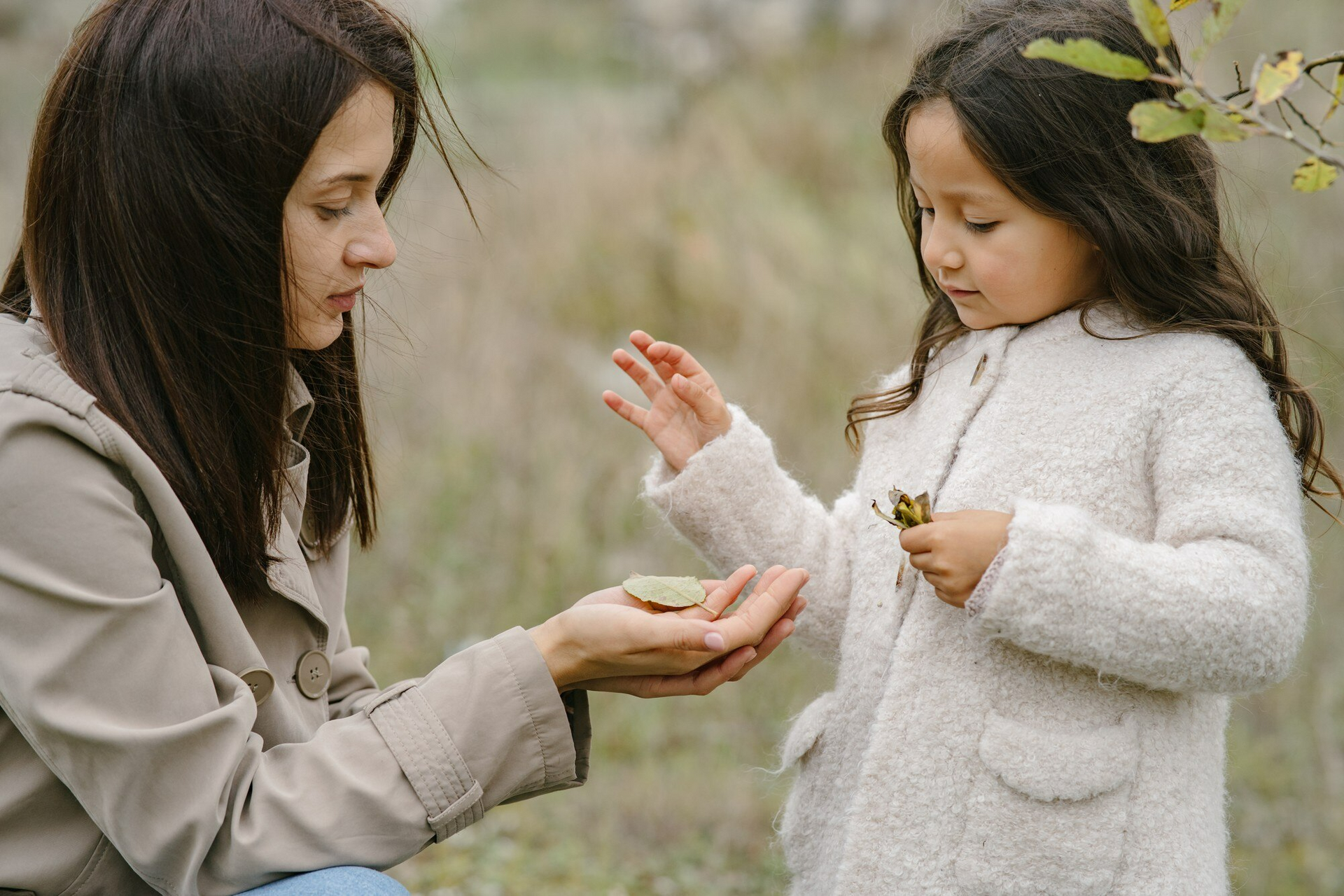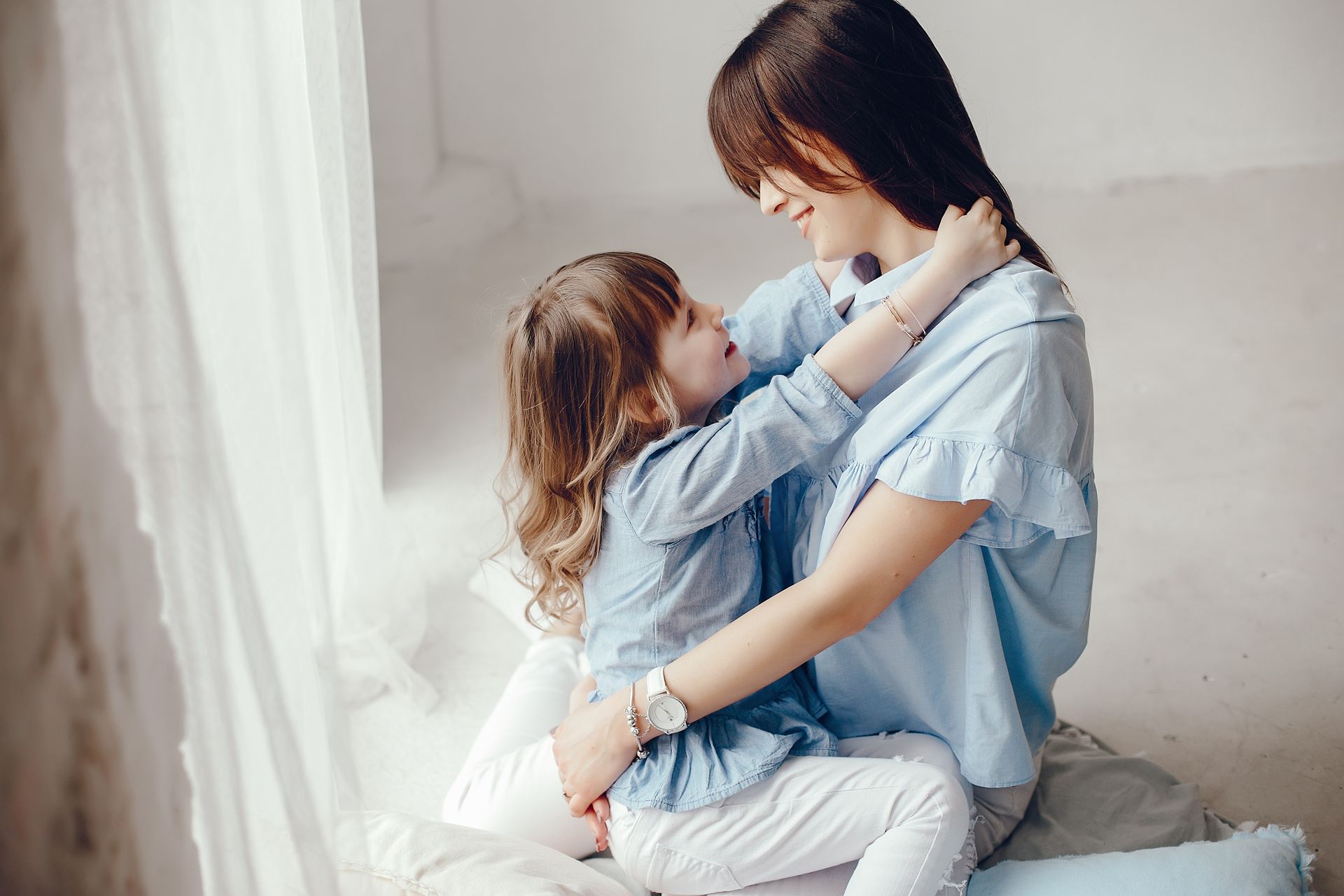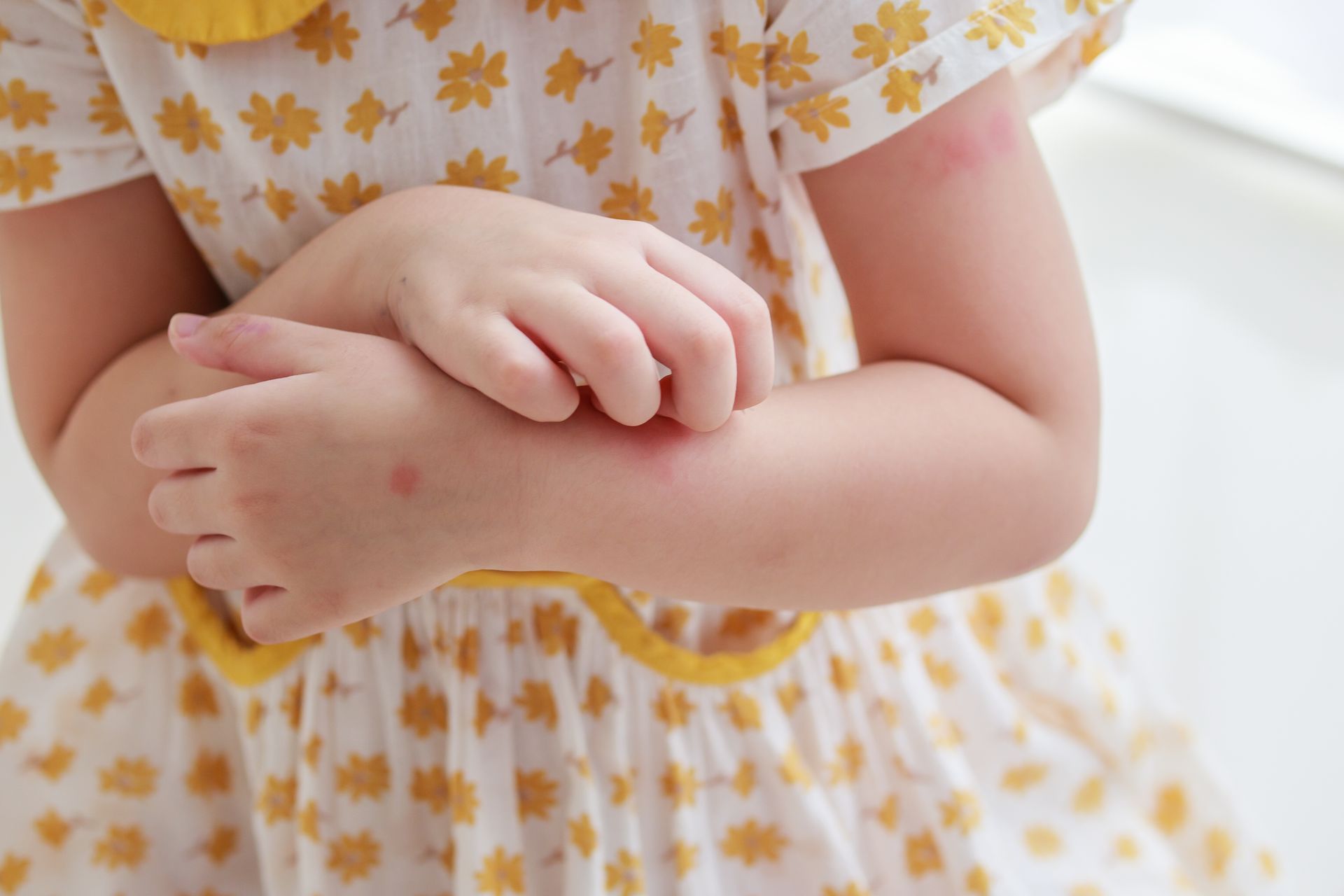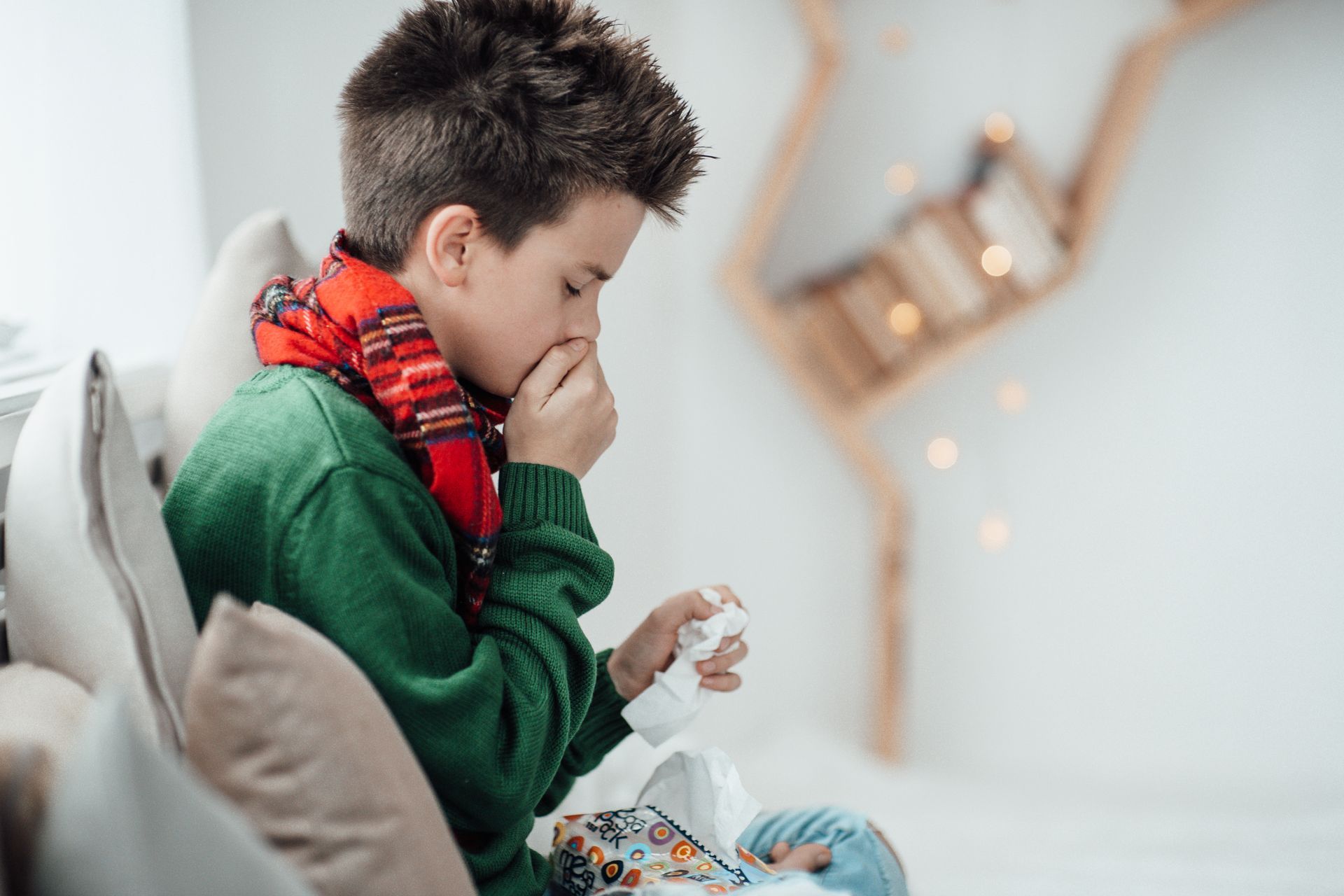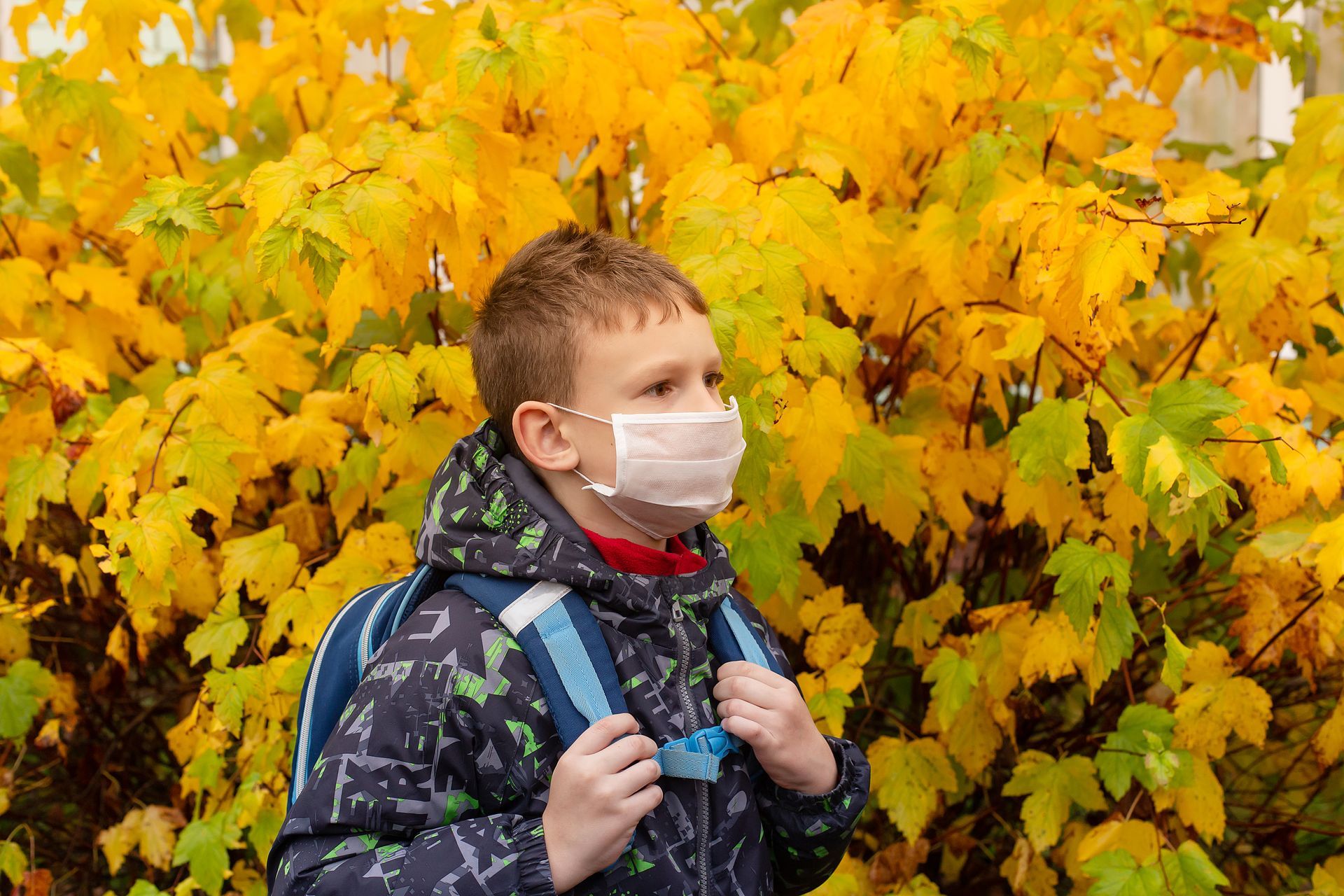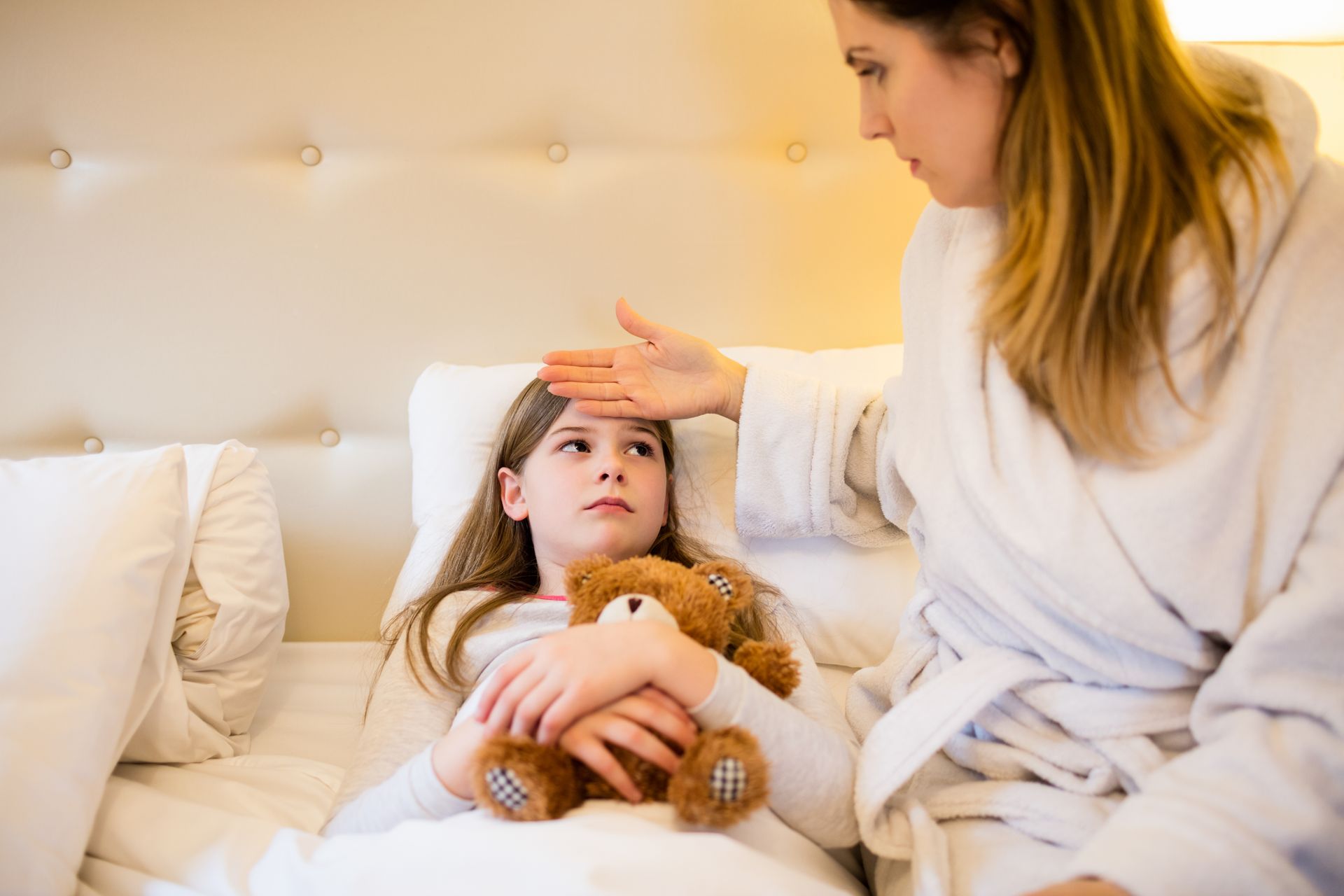Five Tips for Dealing with Your Child's Separation Anxiety

As the school season starts, many toddlers and kids are going back to in-person classes. More importantly, they are doing so for the first time after a year or so. As a result, school jitters and separation anxiety may likely be skyrocketing.
Saying goodbye to your toddler suffering from separation anxiety is, without a doubt, a challenging task. The whole process combines gut-wrenching, heart-aching, guilt-ridden moments full of fat tears and quick getaways. At Sang Pediatrics in Fresno, we hear the stories all the time.
Babies may show signs of separation anxiety by the time they are six months old. In fact, it's pretty natural for young children to feel anxious and sad when saying goodbye. During their early childhood, crying, clinginess, and tantrums are all healthy reactions to separation.
Typically this begins before your child's first birthday and reoccurs until they reach the age of four. While the timing and intensity of separation anxiety may vary, a bit of anxiety when leaving your parents is common. Here we take a closer look at specific coping strategies you can use to relieve your child's fears and, ultimately, erase them with time.
Some Facts about Separation Anxiety
According to an in-depth study, most toddlers skip the separation anxiety stage in infancy and begin demonstrating symptoms at 15 to 18 months of age. Separation may become even more challenging if your child is hungry, sick, or tired.
As your child starts developing independence during toddlerhood, they may further become aware of separations. Keep in mind that this period will be loud, full of tears, and challenging to deal with. Moreover, by the time children reach three years of age, they fully understand the effects of their anxiety and pleas. While your child still feels stressed, they're vying for change.
Be sure to be consistent and don't cancel your plans since your ongoing consistency is what assists in relieving separation anxiety.
Top Tips on How to Ease Your Child's Separation Anxiety
Using a Soft Blanket. Transitional items like a favorite blanket, a stuffed toy, or small fabric balls can reassure small children. To your child, these objects are a symbol of you.
These toys represent comfort, joy, and safety. Encourage your little one to attach to a transitional object when they're an infant to ensure they can be better at self-soothing. So when you both separate, make sure those objects are at their disposal to offer them comfort while you're away.
Babies often love satin since it provides them safety and security. Providing them with a blanket or other soft toys when you're away can assist in comforting them. It will make the separation process easier for your child, as well as you.
Always Acknowledge Your Child's Fear. Experts explain that children in a state of anxiety are present in a reactive mental state. It means that their brains are in the fight, flight, or freeze mode and their executive functioning fails to perform in the way it should.
To help them get back into an integrated state, parents should acknowledge their child's fear. In this way, children can release their emotions and become more open to reasoning. Two expert writers, Siegel and Payne, illustrate how to converse with children in a 'no brain' state of mind. They further explain how you can help them calm down and transition them to a 'yes brain.'
Ease Your Child into Separation. Teach your child to stay calm even when they're away from you. There are various ways that you can start with. For instance, you may tell your little one that you're going to another room and will be back soon. It instills the idea that although you are gone now, you will be back soon.
Whether you're leaving your baby with your spouse, babysitter, or someone else, it can be stressful for both parties. If you've hired an in-home sitter, request them to come earlier.
Remember that even though you may not realize it, your child picks up on your anxiety. It affects their reactions as well. Therefore, it's always a good idea to spend time with your child and sitter. The peace of mind you receive will help you relax, and, in turn, your child will also feel more comfortable.
Leave a Happy Note. Often parents sneakily slip out of the door to make a tearless getaway. Unfortunately, this results in more harm than good. Your child will notice your absence eventually.
Help alleviate your child's separation anxiety by ensuring they are associating with happy thoughts with you going and coming. Let them see you go, regardless of whether it triggers the waterworks or not. Instead, work on ensuring a fun activity waiting for your little one to take part in as soon as you leave.
If you continue to sneak out to avoid seeing your child cry, they may worry you'll disappear at random times. Say your goodbyes, and then ensure she becomes preoccupied with fun-filled activities.
Create a Goodbye Ritual.
Once your child has the chance to familiarize themselves with their new environment, you should make your exit. But you shouldn't leave before saying goodbye.
Even if you have to practice a major-league handshake, give butterfly kisses, or keep the goodbye short and sweet. Prolonging the transition time will only increase the lingering anxiety.
The Bottom Line
While a bit of anxiety when saying goodbye is natural, parents must know which signs they should look out for. These include age-inappropriate clinginess and tantrums and withdrawal from family, friends, or peers. Preoccupation with intense guilt, refusal to go to school, and excessive fear of leaving the house, are also signs of separation anxiety.
If your child is unwilling to go to school, you must talk to them about their fears and help them calm down. It's always a good idea to request your child's school to allow your little one to come a little late. Plus, the sooner your child returns to school, the faster they'll learn that they can survive their new environment.
Your child may even struggle with specific physical symptoms of separation anxiety. Parents should consider taking their little one to a specialist to get a professional's opinion. Talk therapy, play therapy, counseling for the family, and medication can assist your little one in their journey.
Sang Pediatrics, the top provider for Fresno pediatric care, is dedicated to helping parents and their children with their health needs. Call us for an appointment or more information.


